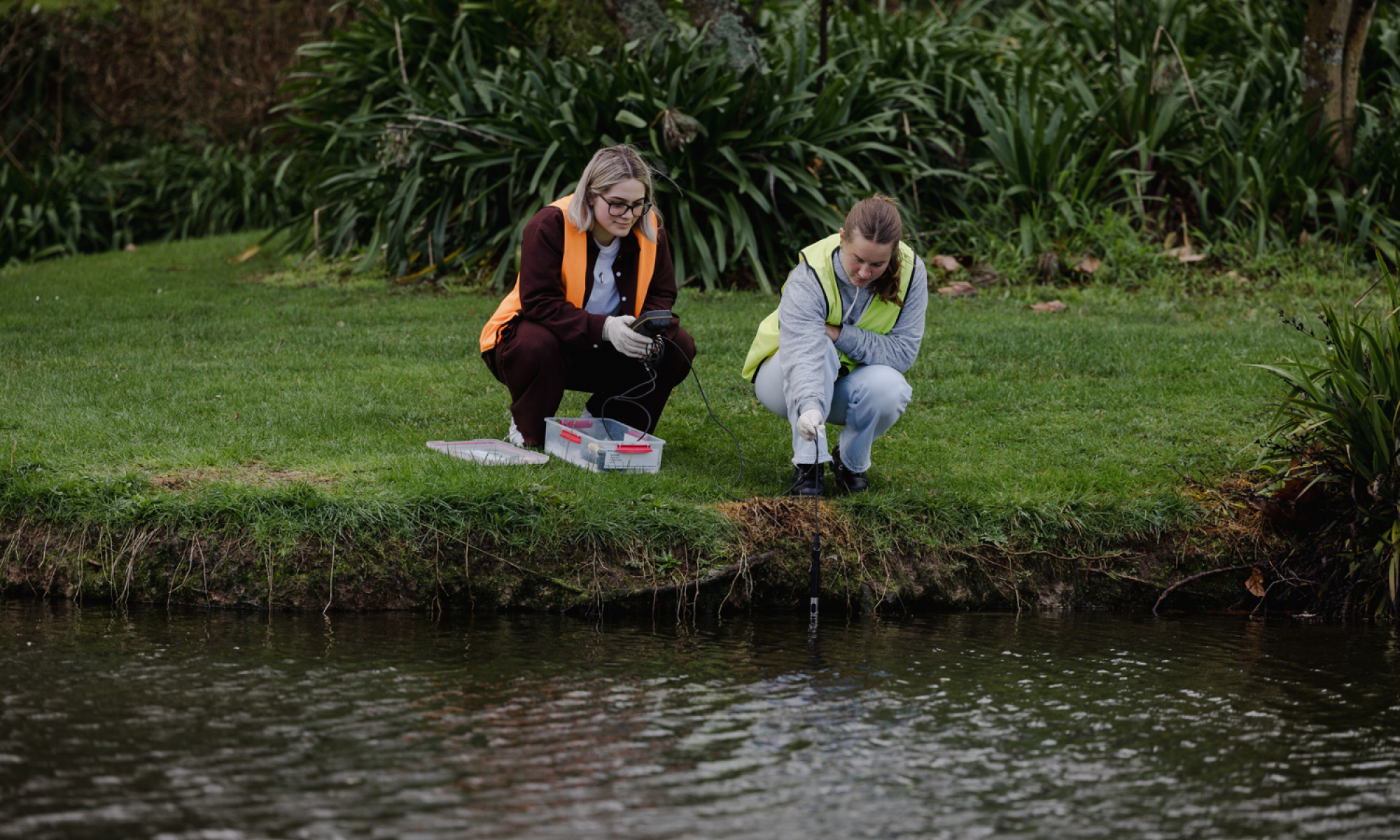Ecology and Biodiversity

Why study Ecology and Biodiversity?
The University of Waikato is well known for it's research in restoration of terrestrial and freshwater ecosystems, taking advantage of our close proximity to the Rotorua lakes, the Waikato River, and peat lakes and wetlands of the Waikato Region. Other areas of research include animal behaviour, Antarctic ecology, estuarine and coastal marine biology, forest ecology, plant and animal physiology, plant systematics, and urban ecology.
Our location provides quick access to coastal marine research, and the University maintains a coastal marine field station in nearby Tauranga. Our location also gives ready access to a broad range of terrestrial environments, including pastoral agriculture and lowland to montane forests.
You’ll gain knowledge of ecological and biological theory, and the practical skills for field identification, surveying, and experimentation with plants, animals and microbes across a broad range of ecosystems. You’ll gain understanding of the principles of biological classification and be able to name and classify common organisms found in New Zealand ecosystems.
Your skills will be gained through a combination of hands on laboratory experience, practical field courses, and teaching from leading ecologists and biologists.
Career opportunities
- Biodiversity Management
- Conservation Ranger
- Laboratory Technician
- Weed Management Advisor
- Ecologist
- Museum Curator
- Land Management Officer
- Zoo Curator or Keeper
- Pest Management Advisor
- Policy Analyst
Hamilton
Study Ecology and Biodiversity in these qualifications
Facilities
We have extensive laboratory facilities, including
- Ecology, physiology, microbial and molecular genetics laboratories
- Microscope facilities, including confocal laser scanning microscopy, scanning and transmission electron microscopes
- Waikato Stable Isotope Unit
- Waikato DNA Sequencing Facility
- Environmental Research Institute
- Thermophile Research Unit
- International Centre for Terrestrial Antarctic Research
- University of Waikato Herbarium
- A controlled environment glasshouse facility